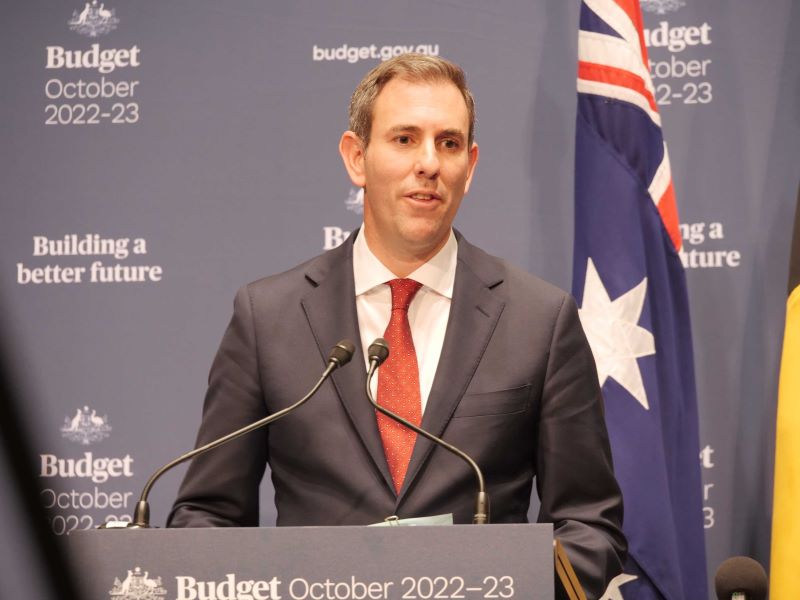The Albanese government’s plan to pump billions into industry development, housing and transform the electricity grid needs to be “phased appropriately”, while further off-budget vehicles should be avoided, the International Monetary Fund has warned.
In its annual review of Australia released overnight, the IMF endorsed Australia’s pandemic recovery and Treasurer Jim Chalmers restrained first Budget for putting the nation in a “stronger cyclical position than many other advanced economies”.
But the report also warns on key Labor election commitments to set up a $15 billion National Reconstruction Fund, a $10 billion Housing Australia Future Fund, and a $20 billion Rewiring the Nation Fund.

The IMF said the funds – which all target a return for the government but will have strategic investment mandates – need a “judicious implementation” of the $45 billion in loans, equity investments and guarantees they will offer to contain inflation.
“Implementation of below-the-line activity through newly created investment vehicles (National Reconstruction Fund, Rewiring the Nation, and Housing Australia Future Fund) should be phased appropriately, and, more broadly, a proliferation of such vehicles should be avoided,” the IMF staff report said.
The IMF also supports an overhaul of the $254 billion stage three personal income tax cuts, changes in property taxes and a broadening of the GST, and “reigniting” productivity growth with further structural reforms.
Labor’s early efforts in the productivity area, like free TAFE and more university places while lifting migration, were welcomed by the IMF.
Treasure Jim Chalmers said it was a “glowing” report card from the IMF.
“The report is another reminder that in the face of a challenging international outlook, our economy has a lot going for it: historically low unemployment, good prices for our exports, and the beginnings of wages growth after a decade of stagnant wages,” he said.
“The IMF confirms that – despite a difficult year ahead – Australians have every right to be optimistic about the future of our economy and our country.”
Do you know more? Contact James Riley via Email.

